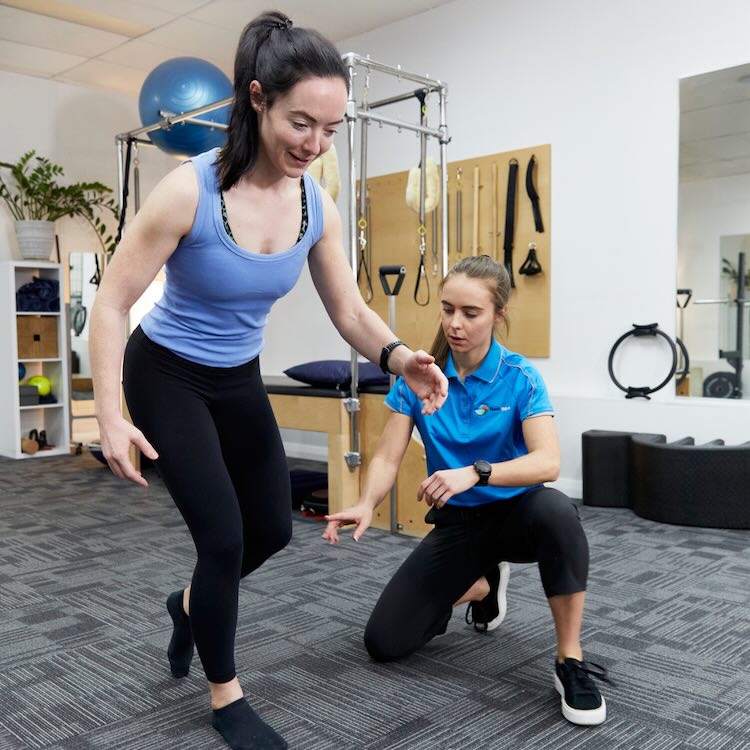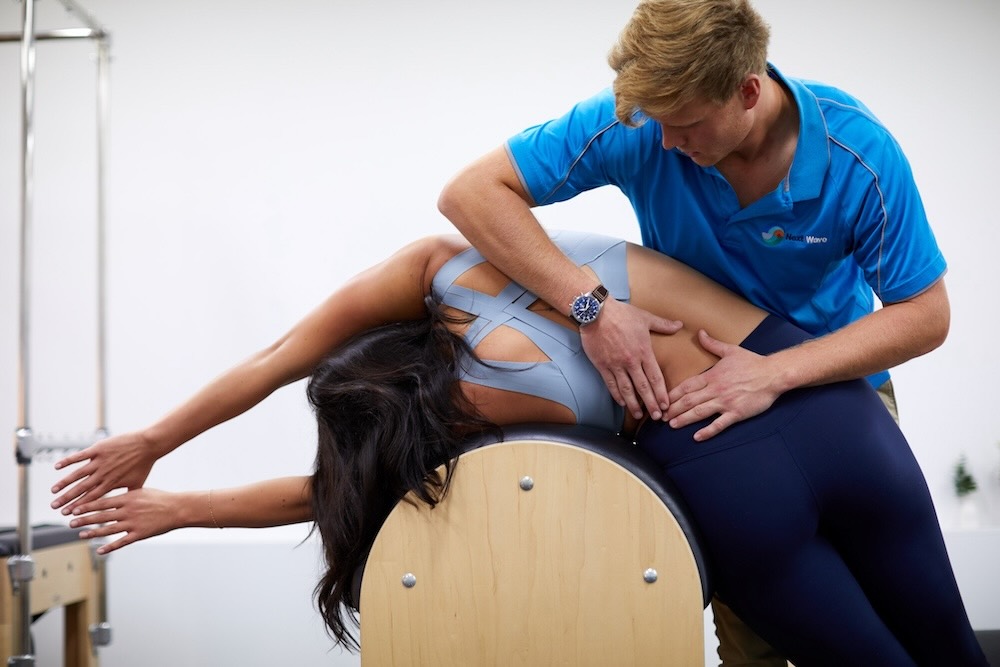3a/352 South Street O’Connor WA 6163 | (08) 93376460
Occupational therapy uses meaningful everyday activities to support health, purpose, and resilience.
Occupation and its relationship with health and wellbeing is complex. Occupations are our self-care, work, and leisure activities that create purpose and meaningfulness in our lives.
I love being an occupational therapist (OT), though historically people have often struggled to understand what it is we actually do. More recently, other professions have begun to recognise the power of meaningful occupation.
At Next Wave Therapy in O’Connor, WA, our team of allied health professionals – including occupational therapists, physiotherapists, naturopaths, and massage therapists – work together to help people discover how the power of occupation can transform their health and daily life.
Originally written in recognition of Occupational Therapy Week 2020 (26th Oct – 1st Nov), this explores the enduring power of using everyday activity as a therapeutic tool to support health, meaning, and wellbeing.

A sense of meaning and purpose in life is a strong predictor of good psychological and physical wellbeing (Zika, 1992).
The opposite of having meaning in life is meaninglessness. This is like an existential vacuum, where life is experienced as empty and meaningless, and is associated with psychological & physical discomfort (Reker, Peacock and Wong, 1987).
For example, lower meaning in life predicts greater PTSD severity in military veterans (Owens, et al. 2009) and mediates the relationship between uncontrollable stress and substance use (Newcomb & Harlow, 1986).
A challenge that all people face is this existential search for the meaning of life. If meaning is understood as the worth of your life, then the meaning of life is to give life meaning and purpose.
Occupations create meaning in many ways:
Meaning is created by how occupation is done (form), what it produces (function), and the experience it leaves behind (meaning) (Larson, Wood, & Clark, 2003).
At Next Wave Therapy, we see this every day. A simple shift in routine—such as reintroducing a favourite hobby, regaining independence with cooking, or re-establishing a work role—often sparks renewed energy, motivation, and improved wellbeing.

“Occupational therapists are in the business of helping people to transform their lives through enabling them to do and to be and through the process of becoming.” — Wilcock (1999)
“The value of doing, being and becoming is at the centre of (occupational therapy) practice. The appreciation that people live in a physical and social context, and that people have biopsychosocial, cultural and spiritual aspects is central to practice.” — Bronnie Lennox Thompson (2020)
Together, these four dimensions—doing, being, becoming and belonging—form the Pan Occupational Paradigm, a holistic framework to promote health at individual, family, and societal levels.
Our OTs in O’Connor use this framework when working with clients facing chronic pain, mental health challenges, or injury recovery—ensuring therapy supports not just physical recovery but also personal identity and community connection.
One of the most rewarding aspects of being an OT is seeing how small changes in everyday life can lead to powerful, sustainable improvements.
Power is the capacity to influence behaviour and outcomes. Occupation holds this power—quietly and consistently transforming people’s lives in ways that feel authentic and lasting.
For example, a client living with hypermobility once shared that re-establishing independence in meal preparation was more empowering than any clinical test result. It wasn’t just about function—it was about reclaiming dignity and autonomy.
Occupational therapists want you to move, think, and feel alive. We help you fully participate in life by focusing on what you need, want, and are expected to do. That means supporting your:
• Skills and capabilities
• Values and preferences
• Environment and routines
We look at people not in isolation but as part of complex adaptive systems—constantly influenced by physical, psychological, social, and environmental factors.
When people lose the ability to carry out daily occupations independently, how do they function in the world—and who do they become?
Occupational therapy answers this with a personalised, systems-based approach designed to restore and redefine daily living.
At Next Wave Therapy, our integrated model brings together occupational therapy, specialist physiotherapy, naturopathy, and psychological therapy. This ensures patients receive complete care, whether they’re recovering from injury, navigating chronic illness, or building resilience for mental health challenges.
Try making yourself a cuppa. Think about all the steps, decisions, and movements required. Then reflect on the environment that supported that task: the kitchen layout, the kettle, even your energy levels and mental clarity.
That’s occupation. It’s layered. It’s personal. It’s complex.
Still unsure what an OT does? Let’s have a cuppa together sometime—we can talk through the beauty and importance of living well, one small task at a time.
Many of our clients in O’Connor describe this same “lightbulb moment”—realising that what seemed like a small, everyday activity is actually a powerful therapeutic tool for building independence and wellbeing.
Occupational therapy and the power of occupation changes lives. Occupations are the everyday activities that shape our health and wellbeing—tending a garden, caring for children, commuting to work. Often habitual, their complexity becomes invisible, but their impact remains deeply personal.
Occupational therapy is the art and science of enabling people to engage in their valued occupations—so they can live rich, meaningful lives. This is the simple complexity of the power of occupation. This is why I love being an occupational therapist.
At Next Wave Therapy, we bring this philosophy to life every day—supporting clients across Fremantle, O’Connor, Bicton, Hamilton Hill, and surrounding suburbs to live with more independence, confidence, and connection
Written by:
Sasha Wray – Principal Occupational Therapist, Naturopath and Five Element Acupressure Practitioner with a special interest in helping people live well with pain or mental health concerns.
OT Week 2020 Theme:
“Resilience: Supporting our communities to rebuild, recover, and reengage.”
— www.otaus.com.au
We start with a meaningful conversation about your life and routines
We evaluate the skills, barriers, and opportunities that shape your daily activities
Together, we build a personalised therapy approach based on your goals
We guide you through changes that restore function and foster purpose
As life changes, so too can your routines—we stay alongside you through it
Occupational therapy may help you:
As one client shared in a testimonial: “Next Wave Therapy have literally saved my life. I was so mentally exhausted and physically struggling to manage my pain & low functioning levels. My Thursday hypermobility session has been the first class I’ve felt comfortable not masking.”
It’s any meaningful activity you do regularly—like getting dressed, cooking, working, or socialising.
Anyone facing challenges in everyday function, due to pain, trauma, disability, stress, or life transitions.
We explore your life roles and routines, then build practical strategies to enhance engagement and independence.
Yes, many of our services are eligible under NDIS or private health. We can guide you through the process.